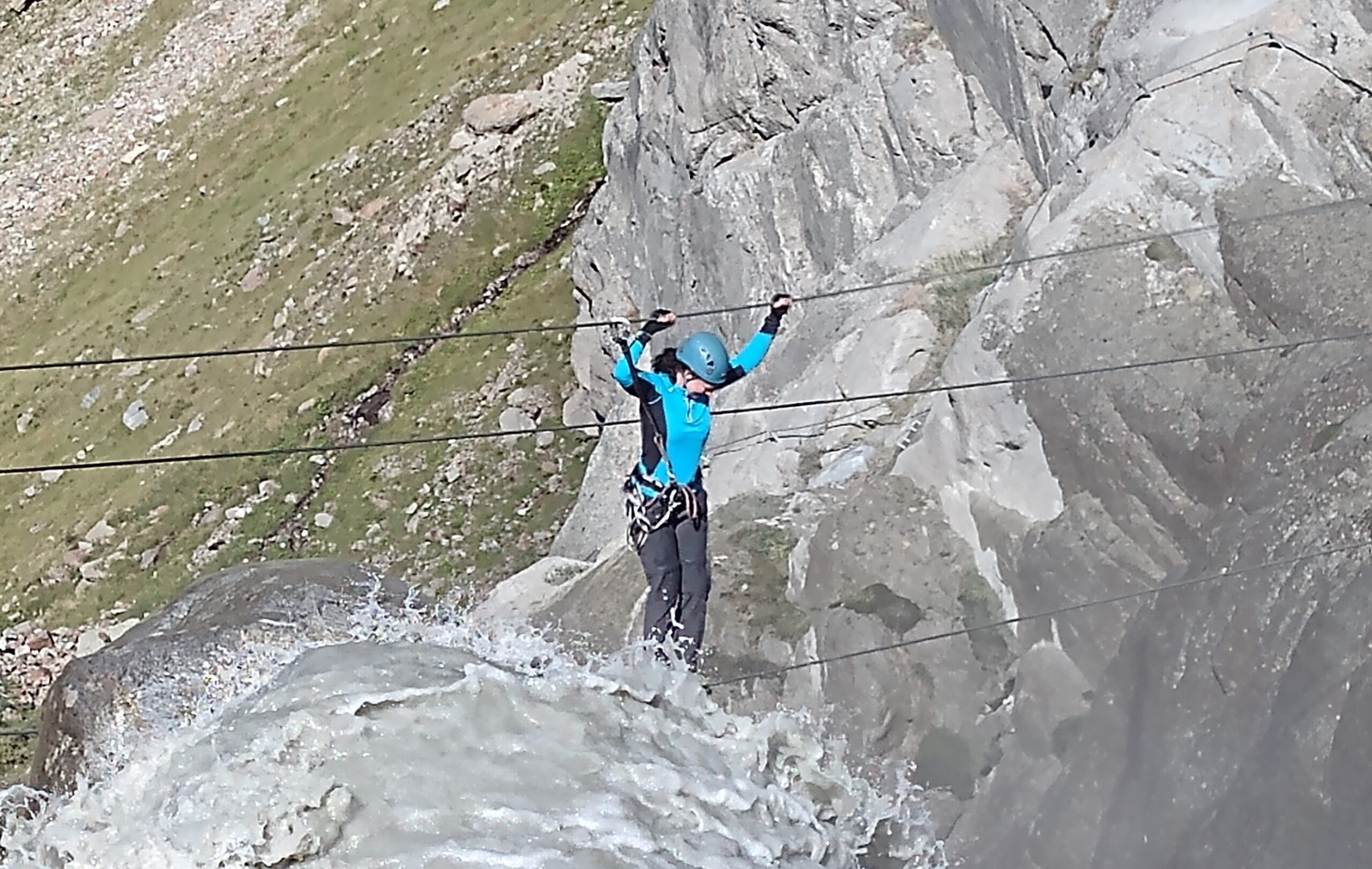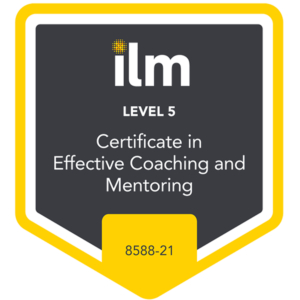When we believe we are experiencing a lack of confidence, we feel that life is passing us by, that life is not being fully lived. We can hold back from new social interactions, challenging conversations, leadership opportunities, learning opportunities and occasions where we might otherwise be showcasing our talents. A perceived lack of confidence can be a considerable obstacle to being the best version of ourselves. Restricted, inhibited and frustrated by our own self, we watch wants and wishes ebb helplessly away.
A person’s relationship with confidence is unique to them. ‘Confidence’ is also a broad, blanket term and what it means to an individual needs to be unpicked and fully understood if real change is to occur. The feelings that are at play when you experience a low level of confidence, may not be quite the same as the feelings that I associate with low confidence. What it feels like to be confident is not necessarily the same for me as it is for you. When I feel confident and what gives me confidence may be very different to what you experience.
We use the phrase ‘lack of confidence’ liberally and very readily. Feelings of apprehension and anxiety can be reasonable expectations in contexts such as public speaking to a large and unfamiliar audience. However, such scenarios can frequently be described as indicative of low confidence levels. Some people then use their response to that scenario to define themselves in all scenarios. ‘I lack confidence’ is the label they permanently award themselves.
Likewise, we can be quick to misrepresent feelings such as excitement as evidence of ‘low confidence’. The butterflies in the stomach, the increased heart rate can be natural and expected responses, and not necessarily signs of problematic confidence issues.
We can engage in unhelpful comparisons. The assumption that some people ‘are confident’ and never feel anxiety or apprehension can be used to draw a conclusion that those of us who do feel anxious or apprehensive are lacking. But anxiety, apprehension and excitement are all part of what it is to be human. Experiencing them is both inescapable and a reasonable expectation. To never experience them would be to avoid much of what life has to offer. It would be a life unlived. Assuming that some people’s confidence levels are such that they do not experience these feelings is misplaced. Some people are skilled at appearing confident, some people have moved through repeated exposure and practice into a greater level of comfort and familiarity with a context which, to the newcomer, is daunting and risky. Some people focus more than others on what might go wrong. Some people are less concerned than others about how they will handle the consequences if it goes wrong. Some people are more aware of their capabilities and resourcefulness than others.
Being able to understand your relationship with confidence pays dividends. More opportunities can be taken and not shied away from. Experiences can be embraced and enjoyed rather than dreaded. But it is the labels and words that we attach to what we are experiencing, and how other people are presenting as points of comparison, that are highly influential.
Key Strategy
There are times when we can be our own worst enemy. We can jeopardise our performance through the language that we choose to use. Unhelpful narratives such as, ‘I can’t do this’ place an additional obstacle in the way and increase the level of difficulty being faced.
This strategy has two parts. Work through the steps below. Take your time and be as detailed as possible.
Part A
| Describe a scenario where you perceive yourself to lack confidence. | |
| List your feelings when you are anticipating being in the scenario. | |
| List your feelings when you are in the scenario. | |
| Next to each feeling, write a reason for it. e.g.
Fear Anxious Worry |
I am afraid of…
I am anxious that… I worry that… |
Recognise the scenario as one that is triggering your fight or flight system.
Understand that your fight or flight system is on or off. It is all or nothing. It does not have increments or in between stages. It would switch on to a similar level of intensity if you were being chased by a lion or had an important job interview or were to engage in public speaking. The fight or flight system was essential to our survival in the past, but in our modern lives it is existing in a landscape where it does not belong. Whereas its activation is a welcomed and reasonable response to being chased by a lion, it is too much or a response relative to a job interview or public speaking. The consequences for the latter are momentary disappointment or uncomfortable self-consciousness. The latter are nothing we can’t handle when we consider them objectively.
Part 2
The chances are the scenario you described in Part 1 tests your skills and knowledge. It is also very likely that you chose a time when those skills and knowledge will be going on public display.
Let’s see what happens when you change the labels used to describe how would feel. Below are the feelings that it would be reasonable to expect if someone is putting their skill and knowledge in public view. Complete the sentence starters for your scenario. Try them on and see how they fit for you and your new narrative.
- I feel important because…
- I feel that I matter because…
- I feel that I am stepping up and taking responsibility for…
- I feel vulnerable because…
- I feel brave because…
- I feel proud because…
- I feel excited by the opportunity because..
- I feel apprehensive because…
Reminding ourselves of why we have the right to be in the scenario is also important. Complete each sentence starter below for your scenario in order to own your right to be there.
- I know I can do this because…
- I know I am not as ready as I would like to be, but I know I must give it a go because…
- I know that the worst thing that could happen is…
- If the worst happened, I know I will be able to handle it because…
- I know I will feel uncomfortable because I am stepping out of my comfort zone which is a good thing to do because…
Finally, challenging scenarios require effort, commitment and energy. It is important that in your new narrative you both own the right to be there, but own any judgements that will be made about why you are there and your performance. Consider the statements below and select those that resonant with your situation. Add statements of your own too.
- Each time I ____________ it gets easier.
- There are no shortcuts to feeling comfortable when ___________.
- I allocate sufficient time to prepare and so I am as ready as I can be.
- I will appear comfortable even if I do not feel it.
- I will do my best and this will be good enough.
- If I make a mistake, I will learn from it and do better next time.
- In the past I have ______________ so I know I can do this.
- I will reward myself by ________________.
This task enables you to reflect on the default words, labels and phrases you are applying to your feelings, skills and capabilities when faced with a situation which you perceive to be beyond your tolerance levels. You will then try new language which will create a new and more helpful narrative to move you forward.
It is important to recognise that we can take control of our feelings and make conscious choices about how we intend to feel in a given situation. By reframing in this way and paying close attention to our language, we can make radical and transformative changes. A feared problematic context can become a welcomed opportunity to grow and develop.
Other Strategies
- Avoid thinking in binary terms of ‘being confident’ versus ‘lacking in confidence’. It suggests a person is there or not there, that we are succeeding or failing. Instead, we are all either getting used to something, or have become very used to something. It becomes about what you are being exposed to over time, rather than your response to it. You just need to turn up and the rest will take care of itself.
- Reframe the context as an exciting challenge which is a valuable opportunity to find out about yourself, grow and develop.
- Reflect on people, contexts, activities and stories that inspire you to step outside of your comfort zone. When you access these reflections, notice your feelings of positive energy and review your action planning. Be clear about when you are next going to step outside of your comfort zone and record it as an action to do.
- Frequently tapping into what makes you feel capable and resourceful is enhancing and strengthening. Make sure you have access to photographs of your achievements and you can look at them regularly. This will remind you that you can take on challenges and achieve far outside of your comfort zone.
- Place the quotes below in a place where you can read them every morning and reflect on where you applied them at the end of each day.
“No one can make you feel inferior without your consent.” Eleanor Roosevelt
“If you hear a voice within you say ‘you cannot paint,’ then by all means paint, and that voice will be silenced.” Vincent Van Gogh
“Because one believes in oneself, one doesn’t try to convince. Because one is content with oneself, one doesn’t need others’ approval. Because one accepts oneself, the whole world accepts him or her.” Laozi
“Life is not easy for any of us. But what of that? We must have perseverance.” Marie Curie
“We gain strength, and courage, and confidence by each experience in which we really stop to look fear in the face…we must do that which we think we cannot.” Eleanor Roosevelt
“Be who you are and say what you feel, because those who mind don’t matter and those who matter don’t mind.” Bernard Baruch
Make It so Coaching can support you through an exploration of your relationship with confidence. Coaching can be particularly effective here because a key ethos of coaching is that the client is the expert. No one understands how the client feels and experiences their life as well as they do. Exploring an issue such as confidence from this standpoint is essential if an individual is going to effectively understand how they are getting in their own way. What are the default assumptions, perceptions and beliefs that are holding you back? Coaching will draw out unhelpful thinking, confront your inner dialogue head on and change the narrative. Feelings are felt physically. They are embodied. Working with a coach can enable you to access more helpful feelings when you need them and feel much more comfortable in the contexts that challenge you the most.






